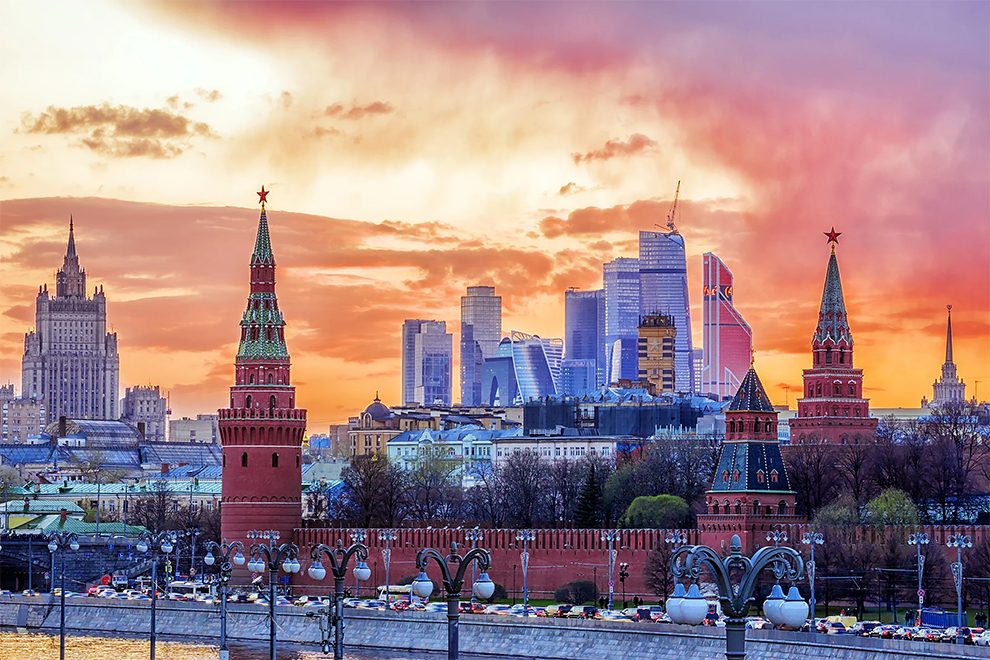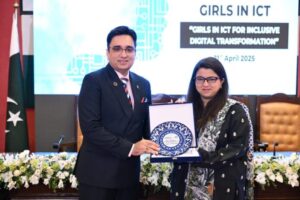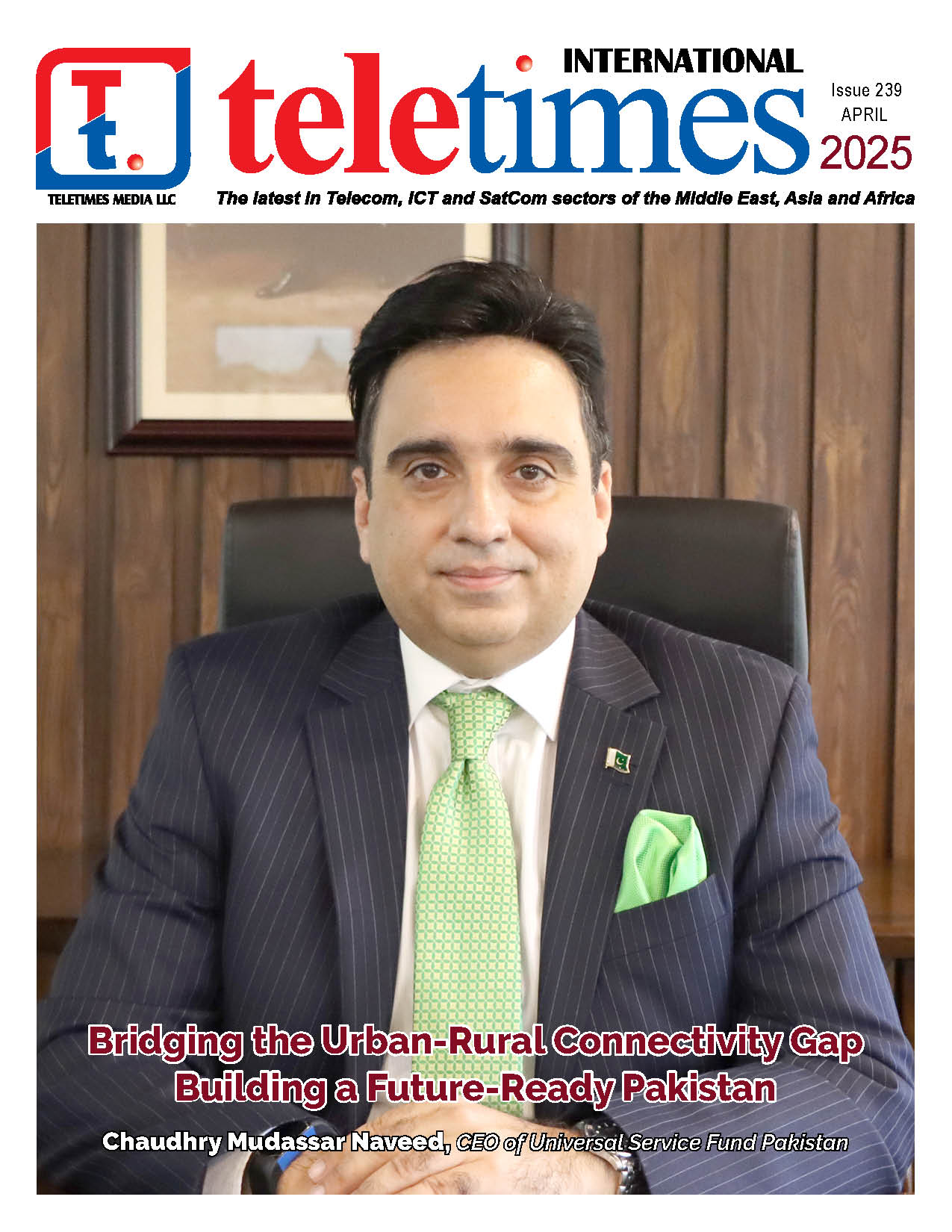Ten years ago, Moscow became the first city in Russia to provide public services electronically. Today, Moscow’s digital ecosystem includes more than ten thematic online resources and more than 380 state services and services available to citizens electronically on the principles of anytime/any place/any device. They allow Moscow residents and visitors to solve virtually any everyday issue online: from paying for utilities and making an appointment with a doctor to taking part in voting on city development issues and communicating with the heads of government in video format.
“Digitalization has already become a trend for the sustainable development of Moscow,” said Eduard Lysenko. According to the capital department of information technologies, now digital services in the capital of Russia are used by almost 14 million inhabitants. The portal is accessed more than 50 million times per month. Now the digital ecosystem covers almost all sectors of the urban economy: education, housing and utilities, healthcare, security and transport.
“The created digital environment helps citizens solve any issue online,” states Eduard Lysenko. “We strive to surround the city resident with care in the digital world at all stages of his life and at all stages of contact with the city authorities and businesses. A modern Muscovite can solve almost all everyday issues online: pay for utilities and complain about faulty wiring in the house; vote for the planting of trees in his area or the name of a new metro station, pass information to the administration about a hole in the road; check the child’s grades at school and pay for parking. Digital services monitor traffic and the work of cleaning equipment, safety on the streets and in the entrances of houses.”
But Eduard Lysenko is adamant digitalization is not an end in itself. “The systemic task of Moscow is to introduce technology not for the sake of technology, but to improve the quality of life of every person, create a competitive business and increase the efficiency of urban management. Digital technologies are the fastest and most driving tool of change,” says the Head of the Department of Information Technology of the capital. – Studying today’s trends allows you to understand what will appear in the cities tomorrow. We are ready to put breakthrough technologies into practice as quickly as possible.
In the coming years, Moscow will be engaged in the development of the “smart city” elements and certain areas of digital infrastructure. The Face Pay system is already being tested in the city transport, the second drone project is being prepared for testing in the city streets, and artificial intelligence services are being developed for a more targeted implementation in healthcare, culture, tourism and urban economy. Moscow plans to introduce end-to-end digital technologies to improve itself as a Smart City. They will include artificial intelligence, big data, blockchain, Internet of things, neuro-interfaces, 3D modeling and printing, virtual reality and 5G technologies. Recall that in 2021 the Russian capital has received two international certificates for “smart cities” – ISO 37120 and ISO 37122. In the history of the International Council on City Data World Council on City Data (WCCD) this is the first megalopolis, which receives two standards of such a high level simultaneously.












